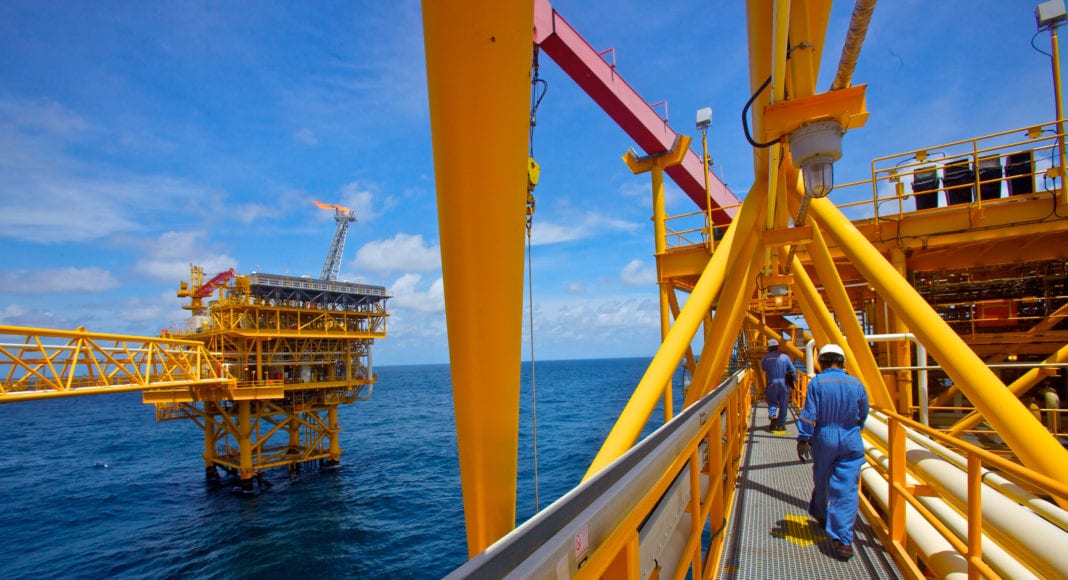While oil production in Trinidad and Tobago has been on the decline since the 1980’s, two current events could potentially change the game in the Caribbean oil producing nation, according to the Energy Chamber of Trinidad and Tobago.
In a blogpost on its website on Tuesday, the Chamber compared Trinidad and Tobago with Guyana, whose production is expected to hit 750,000 barrels per day by 2026 and exceed the 1 million barrels per day mark by 2030.
“…Trinidad and Tobago, one of the world’s oldest oil producers, and Guyana, the newest, have seemed to be on a vastly different trajectory over recent years. While Guyana has seen an unprecedented string of exploration successes and new production already on stream from the Liza field, Trinidad and Tobago has experienced a decade-long decline in its oil sector,” the article said.
It noted that apart from a few years in the early 2000s when the BHP Angostura came online, “oil production [in Trinidad] has been on a downward trajectory since the early 1980s when production was over 200,000 barrels per day (bpd). For the first half of 2020, production was just 56,000 bpd. However, that pattern could perhaps be about to change,” the article said.
The Chamber noted that the BHP Ruby project, currently in execution, “will certainly change the trajectory in 2021 and will bring on significant new oil production with initial production targeted at 16,000 bpd.” The article said that the new topside and jacket for the Ruby platform are reported to be on their way to Trinidad and Tobago from the Gulf coast for installation on the field.
According to the article, in addition to this new project, there are two other events that could have major impacts on the future of the oil industry in the country that are being closely monitored by the industry. “The first of these is the deepwater Broadside well, currently being drilled by BHP in its southern deepwater license area off Trinidad’s east coast. The second is a very different event but also potentially game changing, namely the anticipated announcement of a significant change to the Supplemental Petroleum Tax (SPT) regime for small onshore producers in the national budget presentation, scheduled for October 5, 2020.”
It stated that small oil companies, as well as the local contractors and service companies who service this sector, were therefore delighted when they read the proposal in the People’s National Movement election manifesto that the floor when the SPT came into effect would be raised to US$75 per barrel. “With the success of the PNM in the August 2020 Parliamentary elections, the industry is now closely anticipating the national budget announcement due on October 5th 2020 to see if the Minister of Finance carries through on the promise made in the manifesto,” the Chamber stated.
Guyana and Trinidad and Tobago have forged a relationship in the sector which sees many professionals from the latter country coming to Guyana to lend their expertise to the South American country’s new oil and gas industry. In addition, many Guyanese recruits travel to Trinidad and Tobago to undergo phases of their training before being deployed into the sector.



